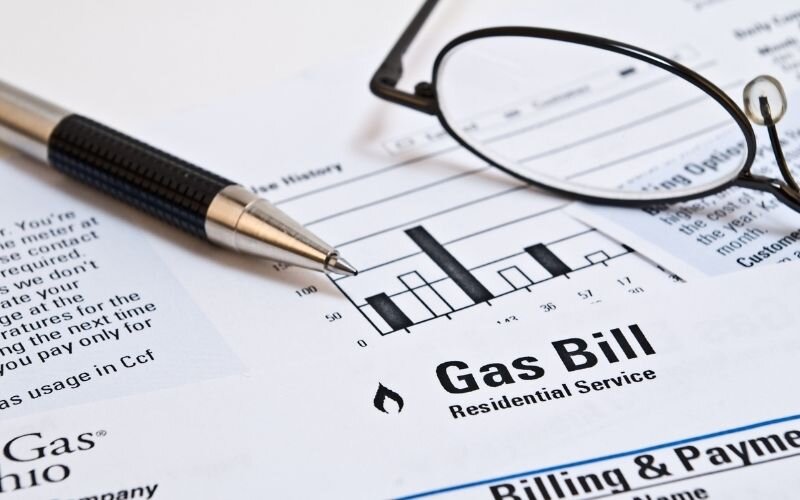A new report from a “Net Zero Advisory Body” warns Canada’s Trudeau administration that they’d better cut the denialism and start owning the huge cost of the green energy transition. “Net zero policy developments must consider the cost of living challenges facing many Canadians,” it said. Oh dear. And you said we’d all effortlessly get rich. What was Plan B again? Gosh. Seems there wasn’t one. As Blacklock’s Report explained po-faced “The panel did not elaborate but promised recommendations by year’s end.”
The report is particularly problematic because it comes from a “10-member panel… comprised of environmental advocates and academics appointed by Environment Minister Steven Guilbeault.” Not some nasty group of skeptics appointed by us, Donald Trump, David Koch and Benny Peiser. Although in our relentless quest for positivity we do see a silver lining here: If the debate about what to do on climate takes into account that remedies are costly, including on the part of zealots who have previously denied it, things will get more sensible. Which admittedly, to borrow a phrase from Clint Eastwood’s Jonathan Hemlock, “doesn’t limit the field much”.
The panel also doesn’t seem to be in a huge hurry. The report, What We Heard: 2022-2023 Engagement Report, after the usual stolen-land acknowledgement (“unceded traditional territories of the xʷməθkʷəy̓əm” and so on including “We recognize that Indigenous Peoples are at the forefront of both climate change impacts and climate change action”), describes conversations held in the usual management-consultant way over two years, while “A comprehensive overview of the issues we examined including those that were discussed during our engagement activities and our advice for the Minister will be provided in our upcoming 2023 Annual Report which will be published later in 2024”. So no need to break a sweat.
Well, not unless you’re a politician facing this famous “backlash”. It’s all fine and good for Canary Media to email the usual conspiracy theory that “Here’s a message to shout from the rooftop: Clean energy is not causing electricity bills to increase, despite what fossil fuel interests would have us believe” and in the related article to protest “Don’t blame clean energy for rising electric bills/ A new report links rising U.S. power bills to fossil gas price spikes and utility incentives — not solar, wind, and batteries, as clean energy foes suggest.” And for zealots to continue to insist that:
“When it comes to building a power plant today, in almost any country in the world, solar and wind are cheaper than fossil fuels. There’s no reason to be building more fossil fuel powered power plants except that that’s what the utilities know how to do.”
At least it is if you’re some author and professor being hyped by the New York Times instead of an office-holder whose constituents are suffering energy poverty and can’t afford an EV even if there was a charging station, and where corporations are starting to drop the climate pieties for lines like “Something needs to change – and quickly – before the warning bells turn to a death knell for industry and lights out for households”.
Even that Canary Media piece went on to concede that:
“Still, higher electricity costs are a problem. Nearly a third of U.S. households have reported cutting back or skipping necessary expenses at least once to pay for utilities over the past two years, according to surveys from financial services provider LendingTree. Low-income households and people living in poorly insulated or energy-inefficient homes are particularly hard hit.”
Fossil fuel ends, women and minorities hardest hit? Oh dear.
Recently Climate Home News declared in bafflement that:
“For governments pondering how to go about pursuing the transition away from fossil fuels they signed up to at COP28 last December, the UN had some encouraging news this week: popular support for that shift is pretty high around the world. In a mega-survey on climate issues, covering more than 75,000 people in 77 countries, about 70% said their country should replace fossil fuels with renewable energy - either quickly or very quickly. Support was high even in big fossil fuel producers like Nigeria, South Africa, Iran and Saudi Arabia, with Russia the odd one out and the US divided…. The bad news is that the transition has hardly begun at the global level…. fossil fuels … still made up nearly 82% of the world’s primary energy last year, the same level as in 2022, while coal consumption and oil demand continued to inch higher.”
Right. Because if you get rid of them and energy prices skyrocket, that cost-free virtue-signaling answer to the pollster turns into a snarl very quickly.



Re Clint. The Climate fanatics, media and pols need to remember Dirty Harry: 'A man's gotta know his limitations.'